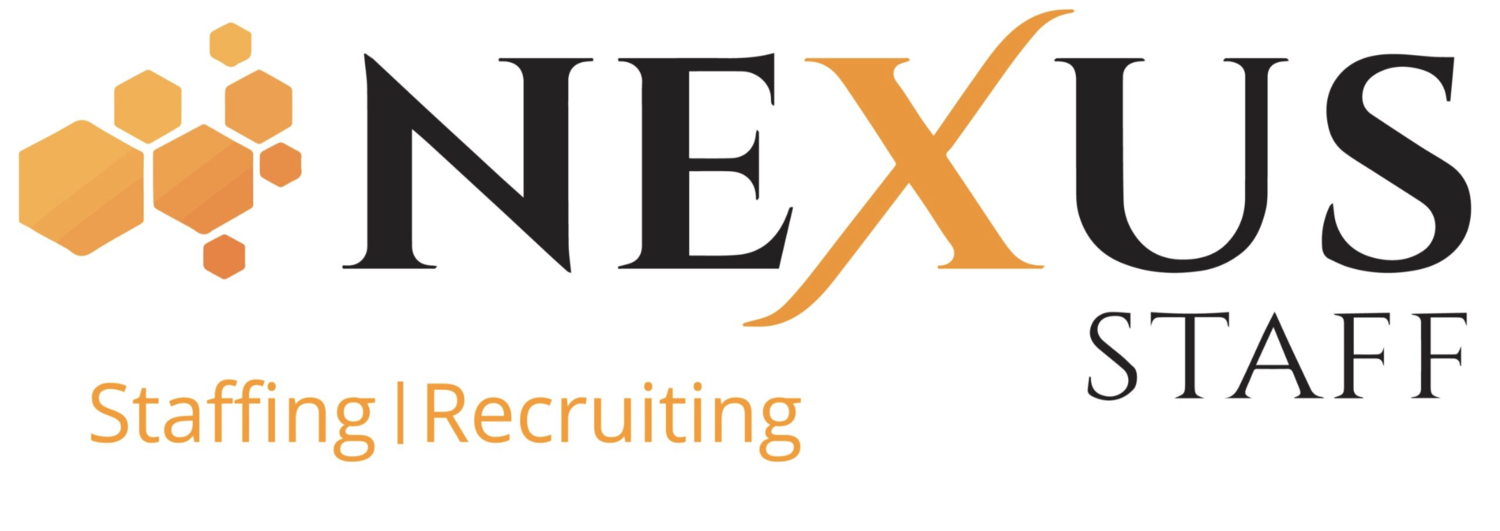Seven Tips for Overcoming Imposter Syndrome
Imposter syndrome can be described as a pattern of negative thinking related to one’s success. Those who struggle with imposter syndrome often relate their success to luck or chance -- rather than their own accomplishments -- and therefore may feel they are not doing an adequate job in their career, schooling, relationships, etc.
When imposter syndrome at work isn’t properly dealt with, suffering employees can decrease their own likelihood to succeed which can lead to poor performance or hesitation in their career. If these instances sound familiar, you’re not alone. According to Psychology Today, up to 70% of adults experience some form of imposter syndrome throughout their lifetime. Below, we’ve outlined seven tips to help you overcome imposter syndrome and feel more confident in the workplace.
Change the way you speak
When you speak poorly about yourself or your capabilities, you show others how to speak and think about you. If you find yourself adding negative phrases like “I’m not sure, but...” or “I could be wrong...” to conversations, it may be time to reevaluate how you speak about yourself. Eliminating negative self-talk is just a small change you can make to show others you are confident in yourself and your ideas. Although it may be difficult at first, eventually you will naturally speak with more confidence and will change the way you view yourself and your capabilities.
Boost your confidence outside of work
Step out of your comfort zone and try something new you’ve always wanted to do -- volunteer for a local cause, join an exercise class, or pick up a new hobby. Boosting your confidence in areas outside of work can help you realize what you are capable of and this confidence will follow you into the workplace.
Remind yourself of your accomplishments
Remind yourself of your accomplishments — and be proud of them! Try keeping track of your accomplishments (big or small) in a journal or on notes around your desk. Whether it’s earning your degree after years of hard work, or simply a positive comment from a coworker, write it down. Even if the accomplishment seems trivial at first, it will give you an opportunity to see all you have overcome and you may begin to notice you’re capable of accomplishing more than you originally gave yourself credit for.
Confide in your network and peers
Reach out to the people within your professional network and even peers in other industries. Surround yourself with a support system that you feel comfortable confiding in to discuss your progress in overcoming imposter syndrome or building your confidence, and even offer tips of your own. You will find you’re not alone in this experience and feelings of imposter syndrome are more common than you realize -- regardless of a person’s field or position.
Change your perspective on mistakes
If you go into work each day worried about doing something wrong or making a mistake, you will be more likely to view even small mistakes as a failure. Instead, treat mistakes as a learning opportunity or as a redirection to try something different next time. Once you change your perspective, you will be less afraid to make mistakes and will be able to grow from the obstacles you have overcome.
Build your skills
Brush up your existing skills or learn about new topics in your field to expand your expertise. Earn field-specific certifications or take advantage of online resources such as Hubspot Academy and LinkedIn Learning that offer hundreds of options for virtual courses and lessons. In turn, not only will you build your confidence at work, but you’ll also have visible proof of your accomplishments that you can add to your resume or LinkedIn profile.
Reach out to a professional recruiter
For many people, imposter syndrome can start to take a toll on their success before even entering a role. It can prohibit job-seekers from finding and applying to new positions or discovering their true passion in a new industry. If you often find yourself nitpicking job listings, doubting your own experiences, or afraid to reach out directly to hiring managers, contact Nexus Staff today and we’ll connect you with a recruiting expert trained to help you find your next role.


